Lost city of Atlantis
Exploring the Enigma of Atlantis - Myth or Reality?
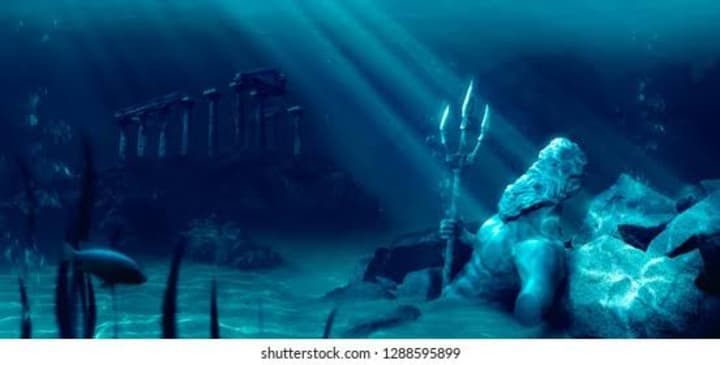
Atlantis, a mythical city that has captured the imagination of people for centuries, continues to intrigue researchers and scholars to this day. According to the ancient Greek philosopher Plato, Atlantis was a prosperous island located beyond the Pillars of Hercules, where a sophisticated civilization thrived thousands of years ago.
However, the island's fate was sealed when it was swallowed by the sea, leaving no trace behind.
Despite being a legend, the story of Atlantis has found a place in history, literature, and popular culture. Many theories have been proposed regarding the origin and authenticity of Atlantis, but none have been conclusively proven.
The search for Atlantis continues to generate interest and speculation, and numerous expeditions have been launched in the hope of discovering this elusive city.
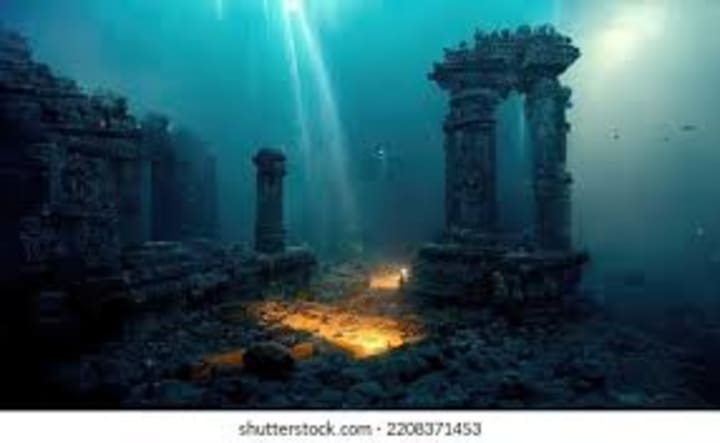
The earliest known reference to Atlantis was made by Plato in his dialogues, "Timaeus" and "Critias," written around 360 BCE. In these works, Plato narrates the story of Atlantis as it was told to him by his ancestor Solon, who in turn had heard it from an Egyptian priest.
According to this account, Atlantis was a powerful and prosperous civilization that had become corrupted and was ultimately destroyed by a catastrophic event.
Plato describes Atlantis as a "larger-than-life" island, boasting an impressive army, advanced technology, and a sophisticated political system.
The city was said to have been constructed with concentric rings of water and land, with the palace of the ruling class situated at its center. According to the legend, the people of Atlantis were peace-loving and virtuous until they were corrupted by greed and power.
Despite being a fable, many scholars believe that Atlantis may have been based on an actual place. Plato's account of the city's destruction has similarities to other catastrophic events recorded in history, such as the volcanic eruption that destroyed the island of Santorini in 1628 BCE.
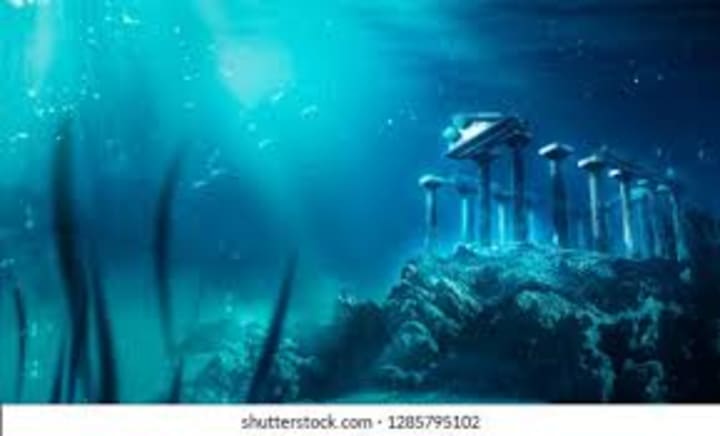
Some experts speculate that Atlantis may have been a metaphorical representation of Minoan civilization, which was destroyed by the eruption of the Thera volcano.
Over the centuries, the story of Atlantis has inspired numerous writers, poets, and filmmakers. Many have used it as a symbol of human ambition, greed, and destruction. The legend of Atlantis has also captured the imagination of archaeologists and explorers who have sought to uncover its secrets.
In recent years, there have been several expeditions to search for the lost city of Atlantis, but none have been successful. Some have focused on the region around the Pillars of Hercules, while others have looked further afield, including the Caribbean and the Mediterranean.
Many have used advanced technology such as sonar and satellite imaging to try and locate any signs of the lost city.
Despite the lack of concrete evidence, the quest for Atlantis continues to attract the interest of scholars, historians, and adventurers. Some believe that the city may still be buried deep beneath the ocean, waiting to be discovered.
Others believe that Atlantis may have been a symbol of an ideal society that never existed, but serves as a reminder of the fragility of human civilizations.
In conclusion, the mystery of the lost city of Atlantis remains unsolved, and its existence continues to be debated by experts and enthusiasts alike.
Whether it was a real place or a mythological construct, Atlantis has left an indelible mark on human history and culture. Its story is a cautionary tale of hubris and destruction, and a testament to the enduring power of human imagination.
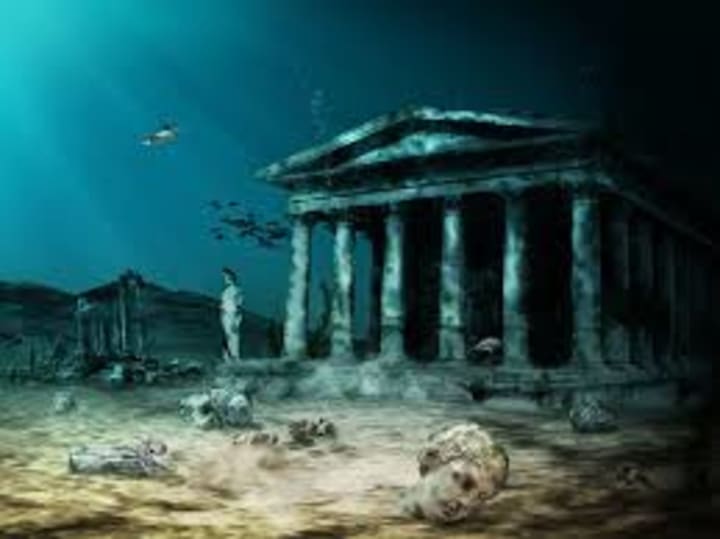
As technology advances, researchers and scientists continue to explore the depths of the oceans in search of new discoveries. The possibility of discovering the lost city of Atlantis still holds an allure for many, and there are those who remain convinced that it is just a matter of time before the city is found.
However, some experts remain skeptical about the existence of Atlantis, pointing out that there is no concrete evidence to support the legend. While some believe that Plato's account of Atlantis was based on a real civilization, others argue that it was a fictional creation, intended to illustrate the dangers of greed and corruption.
Despite the debate surrounding its authenticity, the story of Atlantis continues to capture the imagination of people around the world. It has been the subject of countless books, movies, and television shows, and remains a popular theme in art and literature.
The legend of Atlantis has also inspired a sense of wonder and curiosity, fueling the human desire to explore and discover new things. As our understanding of the world around us continues to evolve, it is possible that we may one day find conclusive evidence of Atlantis, shedding new light on one of the greatest mysteries of human history.
In the meantime, the mystery of Atlantis remains a fascinating and enduring enigma, serving as a reminder of the power of the human imagination and the enduring allure of the unknown. Whether real or imagined, the legend of Atlantis has captured the hearts and minds of generations, and will continue to do so for many years to come.
The story of Atlantis also serves as a cautionary tale, warning us of the consequences of our actions and the importance of preserving our environment. Many believe that the story of Atlantis may have been a warning to the people of Plato's time about the dangers of unchecked power and greed, and the importance of living in harmony with the natural world.
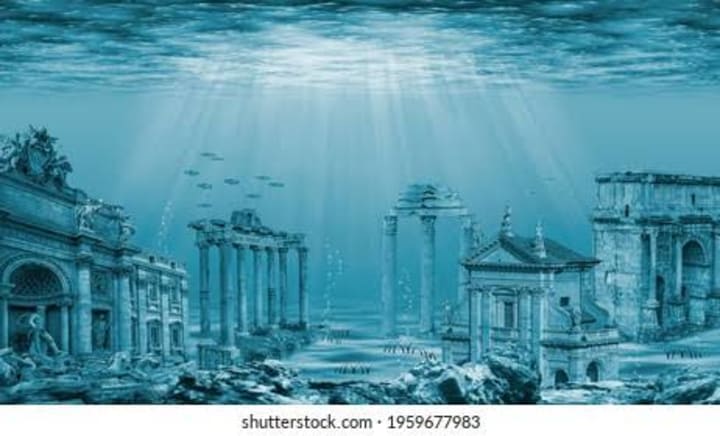
Today, the story of Atlantis resonates with a new generation, as we face unprecedented challenges related to climate change, environmental degradation, and social inequality.
The legend of Atlantis reminds us of the fragility of human civilization and the importance of working together to create a better future for all.
As we continue to explore the mysteries of our world, it is important to remember that there is still much that we do not know. The story of Atlantis serves as a reminder that there are still many secrets waiting to be uncovered, and that our quest for knowledge and understanding is a never-ending journey.
In conclusion, the mystery of the lost city of Atlantis remains one of the most enduring enigmas of human history. Whether real or imagined, the legend of Atlantis has captured the hearts and minds of generations, inspiring wonder, curiosity, and a sense of adventure.
The story of Atlantis reminds us of the importance of preserving our environment and working together to create a better future for all. As we continue to explore the mysteries of our world, let us never forget the power of the human imagination and the enduring allure of the unknown.



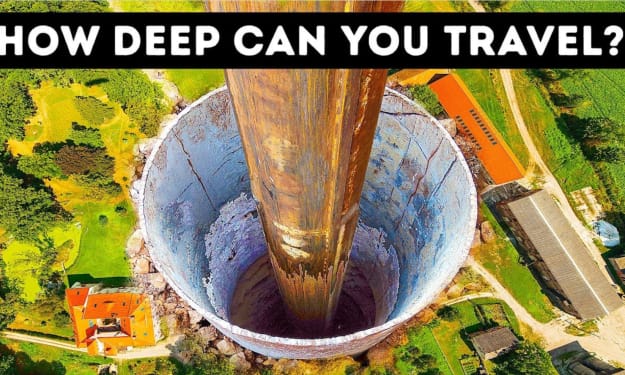


Comments
There are no comments for this story
Be the first to respond and start the conversation.